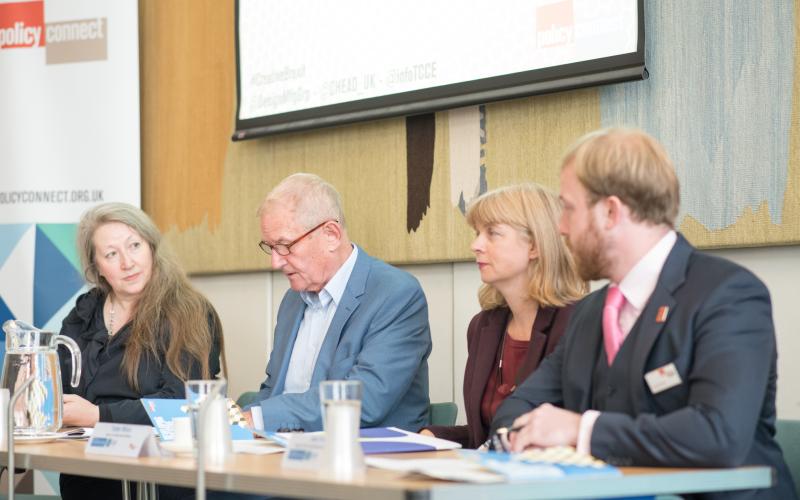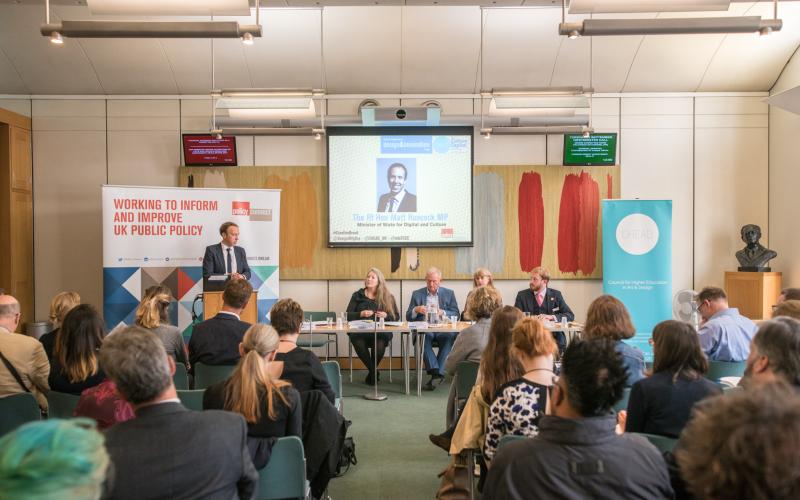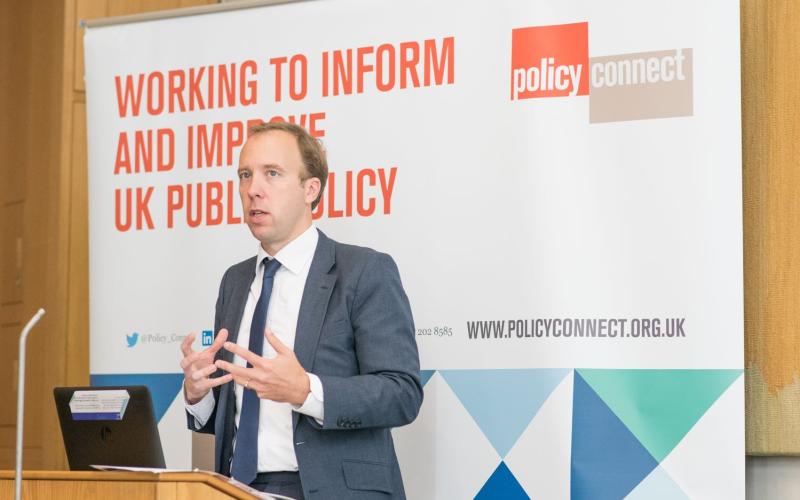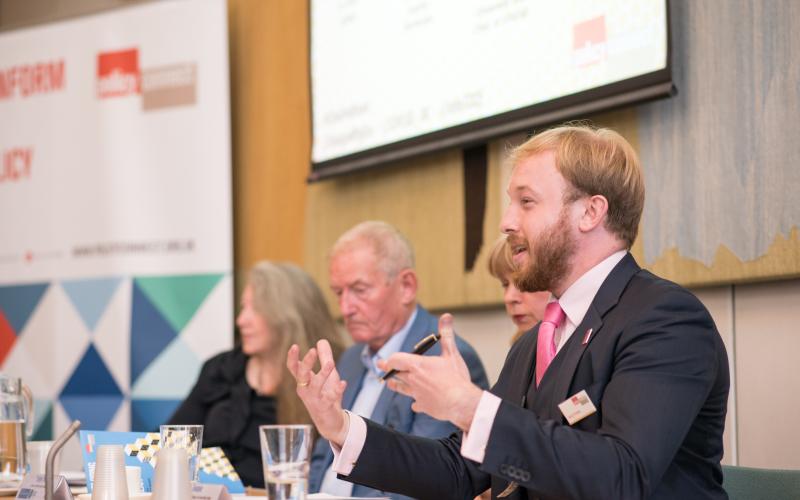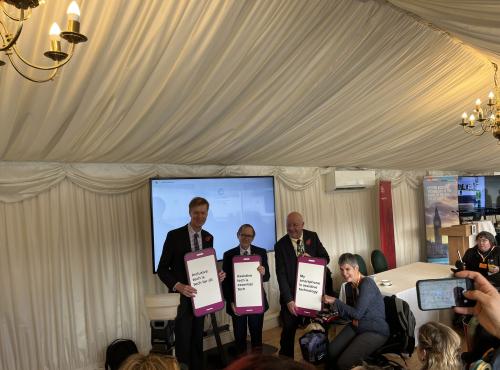Why are the creative industries being left out of Brexit talks?
The creative industries contributed £87.4bn of value for the country during 2015, growing significantly faster than other sectors of the economy, and at an undiminished rate. British universities contribute £73bn annually to the British economy as a whole and creative Higher Education Institutions are a key driver of regional innovative creative clusters future proofing creative skills -- not only by developing the next generations of creatives but also through collaborative research and innovation, by catalysing regional clusters, providing accelerators, networks and knowledge-bases for regional creative industries.
They are of vital importance to the future success of the British economy, but they have not received nearly as much attention as financial services or heavy manufacturing or STEM skills, research and innovation. Yet creative skills are vital to the UK economy and among those least likely to disappear to automation. The vibrant cultural spaces which develop around creative universities and clusters also makes the UK an extremely attractive environment for the highly skilled and mobile global creative workforce.
Today, the Developing Creative Education after Brexit: A Plan for Economic Growth report launches in Parliament. Policy Connect, the All-Party Parliamentary Design & Innovation Group (APDIG), Council for Higher Education in Arts & Design (CHEAD), and The Culture Capital Exchange have collaborated to present an economic plan to ensure that one of the UK’s biggest exports and growing markets isn’t left out of the Brexit talks. The report argues that Brexit is a bold opportunity, and calls for pragmatic creative higher education support, feeding into the Industrial Strategy and devolution agendas, to ensure the creative industries remain agile and act as a powerhouse for the economy.
John Howell MP, Co-Chair of the APDIG, and Professor Anita Taylor, Executive Dean, Bath School of Art & Design, Bath Spa University, and Chair of CHEAD said:
“We are proud to be calling for a focus on the creative education and industries through the Brexit discussions. Parliament and Government must ensure that the creative industries continue to play a major role in strengthening and diversifying the UK economy, boosting exports, and attracting the best global talent, which Brexit threatens and puts at risk. The Prime Minister wants to realise a ‘Global Britain’ - the excellence of the UK creative industries should be a pillar for achieving that.”
The report outlines how continued engagement with partner institutions and firms across the European Union, can also leave open the possibility of forging new relationships with North America and the East Asia. It also gives Britain’s creative academic institutions and industries the chance to play a more active role in developing new frameworks for Intellectual Property (IP), research development and attracting new sources of foreign direct investment.
Author, Jack Tindale, who manages the creative and design policy work at think tank Policy Connect, said:
“The power of the report is its collaborative, cross-party nature. We have been careful to consult a broad selection of academics, the sector, and politicians, to ensure it has real meaning. This is a powerful call on the government to realise the potential of creative education as the unifying force behind Brexit negotiations, further devolution to the cities and regions, and embedding design and creative skills at the heart of the Industrial Strategy.”
